Google's Safe Browsing Protection in Chrome Goes Real-Time
Read more of this story at Slashdot.
Read more of this story at Slashdot.
Read more of this story at Slashdot.
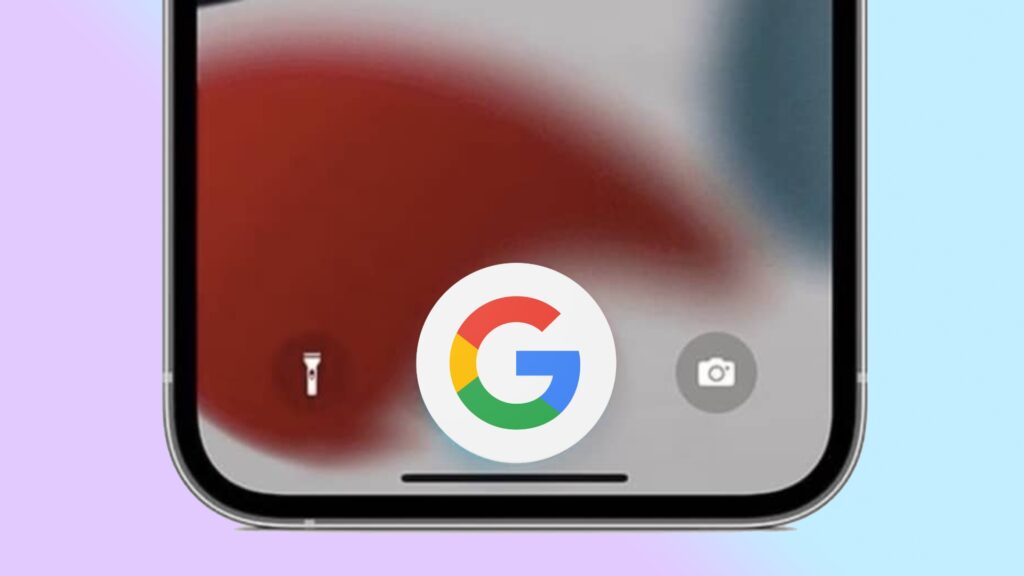
Selon Bloomberg, Apple serait entré en discussion avec Google pour utiliser le modèle de langage Gemini sur iPhone. Un tel accord permettrait à Apple de rattraper son retard en matière d'intelligence artificielle générative, tout en évitant de se planter avec une technologie maison à des années-lumière de la concurrence.
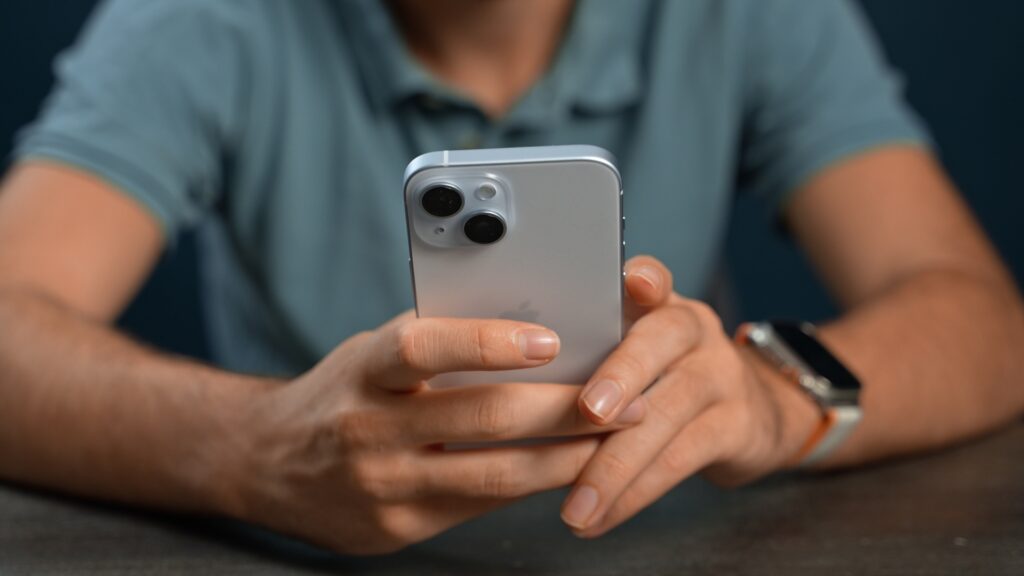
Apple discuterait avec Google pour utiliser le modèle de langage Gemini sur ses appareils. Mais, cela ne veut absolument pas dire que Google aurait accès aux données des propriétaires d'iPhone.
Read more of this story at Slashdot.
Read more of this story at Slashdot.
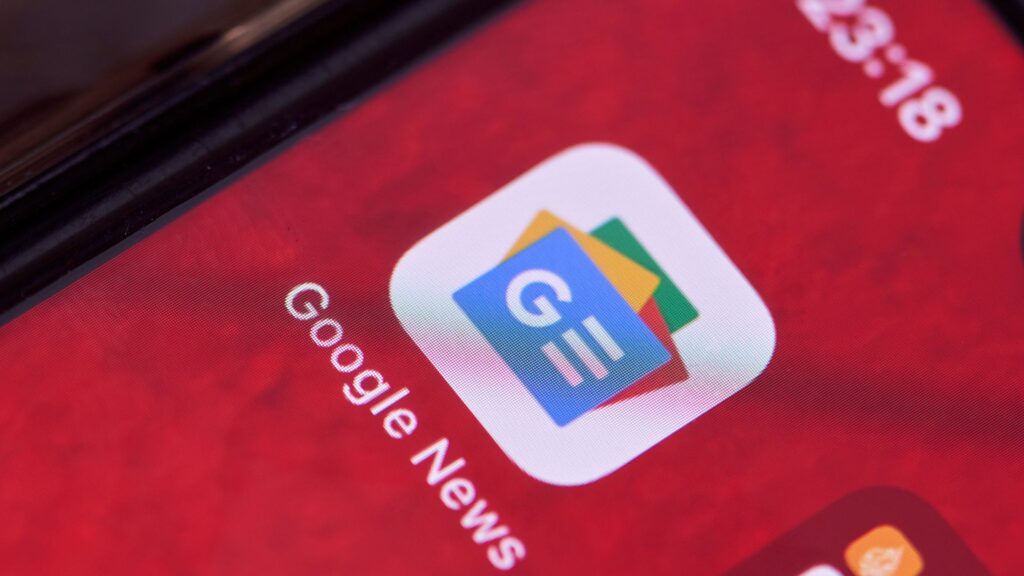
250 millions d'euros. Tel est le montant qu'inflige l'Autorité de la concurrence à Google dans le dossier des droits voisins, qui porte sur la rémunération des médias. Déjà en 2021, l'entreprise américaine avait reçu une amende de 500 millions d'euros.
Read more of this story at Slashdot.
Read more of this story at Slashdot.
Read more of this story at Slashdot.
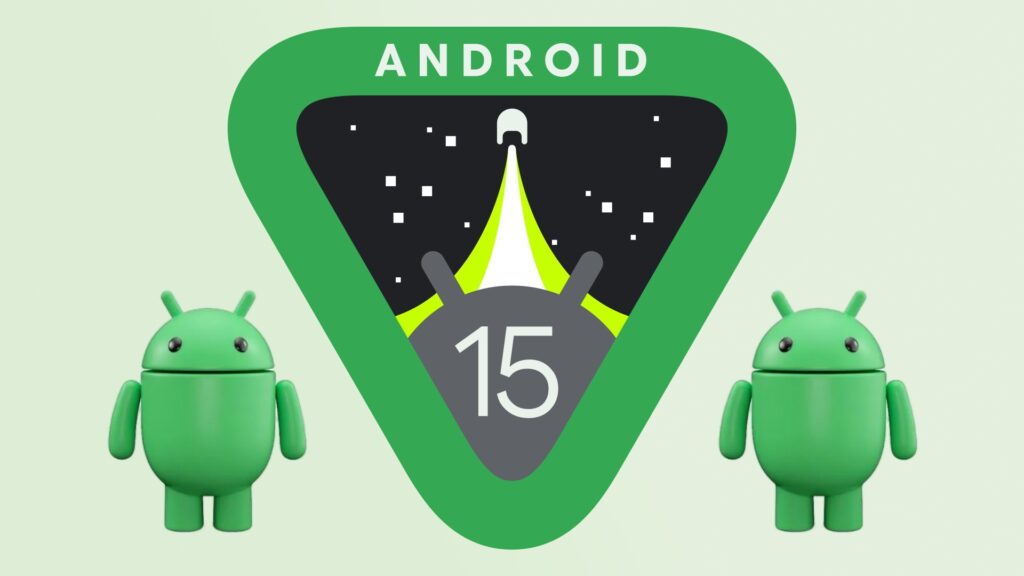
La sortie d'Android 15 est attendue pour l'été 2024, mais Google devrait dévoiler la plupart de ses nouveautés le 14 mai, lors de sa conférence I/O. Date de sortie, smartphones compatibles… Voici toutes les informations sur la future mise à jour du système d'exploitation le plus utilisé de la planète.
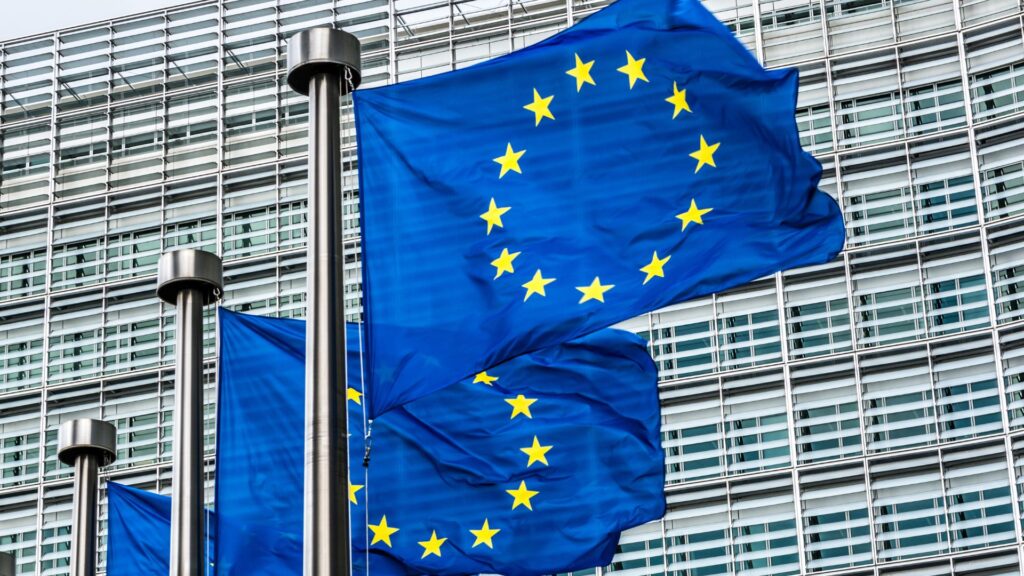
Quelques semaines après l'entrée en vigueur du Digital Markets Act (DMA), la Commission européenne va enquêter sur l'application du texte chez Alphabet, Apple et Meta. En cas de non-conformité avérée, ces entreprises pourraient être forcées à changer leurs pratiques.
Read more of this story at Slashdot.
Read more of this story at Slashdot.
Read more of this story at Slashdot.
Read more of this story at Slashdot.